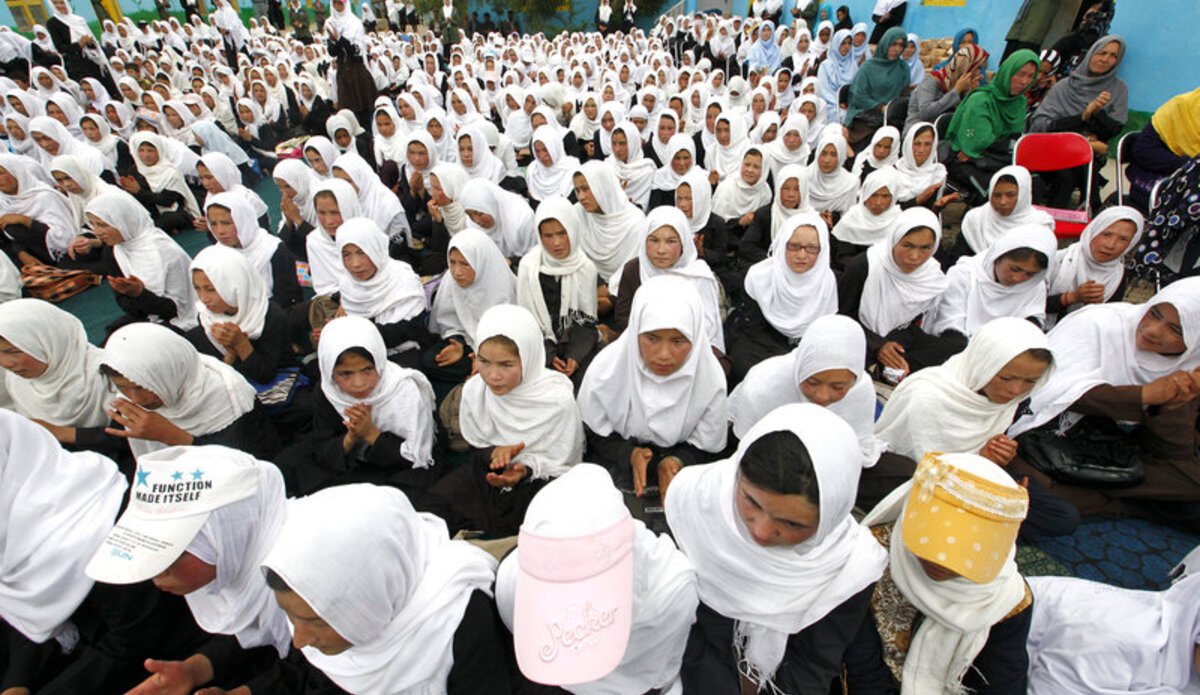United Nations activities are focused on assisting the Afghan people and Government in laying the foundations for sustainable peace and development. Leading this effort on the ground is the United Nations Assistance Mission in Afghanistan (UNAMA). The UN Security Council established the political mission in March 2002, at the request of the Afghan Government, through Security Council Resolution 1401. The Council has since extended the Mission’s work until 17 March 2018, stressing the importance of a comprehensive and inclusive Afghan-led and Afghan-owned political process to support reconciliation and of advancing regional cooperation to promote security, stability and development in Afghanistan.
Afghanistan has received assurances of continued international assistance for its security and development needs at the North Atlantic Treaty Organization Summit in Warsaw and at the donors’ Conference on Afghanistan in Brussels in 2016. However, it remains a country undergoing conflict, which threatens the sustainability of its achievements. Peace negotiations between the Afghan Government and armed opposition groups are the only alternative for ending the conflict and the region and the broader international community have a stake and a role to play to help to create the conditions for peace.
UNAMA's core work involves Good Offices, Human Rights, Development Coherence and Regional Cooperation. This includes the strategic priorities to support political cohesion, efforts towards a sustainable peace and alignment of international assistance with Government’s priorities, as well as human rights reporting and advocacy and support to national human rights institutions. UNAMA has field offices across Afghanistan.

